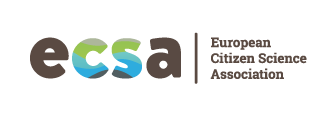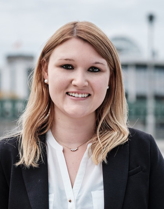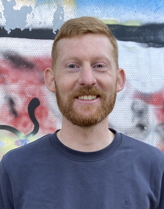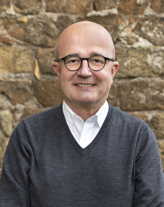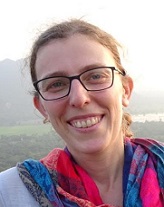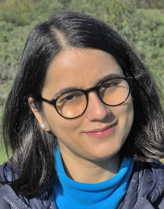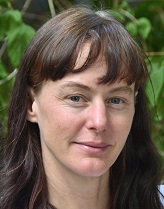SOCIO-BEE proposes that community engagement and social innovation combined with Citizen Science (CS) through emerging technologies and playful interaction can bridge the gap between:
- the capacity of communities toadopt more sustainable behaviours, breaking the cognitive myopia,
- between the citizen intentions and the realbehaviour to act in favour of the environment (in this project, to reduce air pollution). Furthermore, community engagement can raise other citizens’ awareness of climate change and their own responses to it, through experimentation, better monitoring, and observation of the environment.
The Knowledge Powerhouse for Citizen Science on Law and Ethics is part of a task dissemination from SOCIO-BEE and aims to communicate the project’s work as well as existing resources in relation to law and ethics and subsequent lessons learnt to the general public, encouraging the uptake of citizen science, by creating a publicly available knowledge hub hosted on the project’s website.
ECSA activities and milestones
The SOCIO-BEE project aims to design, deploy and validate a next-generation CS platform for citizens’ wearable-based modules for air quality observation, supported by local decision-makers and action groups.
SOCIO-BEE aims to realize sustainable, scalable, and replicable/spreadable experiments, who are co-created. SOCIO-BEE will develop and implement a co-creation module for facilitating citizen science.Users will be able to select among several customizable campaigning blueprints each of which will entail such tools for delivering engagement programmes and campaigns that genuinely enable communities to influence decision making for reducing pollution levels in cities and creating trust between stakeholders.
Why the Bees?
This SOCIO-BEE idea is emphasised in this project through the metaphor of bees’ behaviour (with queens, worker and drone bees), interested stakeholders (honey bears) and the Citizen Science hives that will be tested in three different pilot sites and with different population: young adults, elderly people and everyday commuters.
Challenge
Collecting high-resolution air quality data through opportunistic sensing ensuring replicability.
Outcome
Citizens, policymakers, voluntary sector and businesses as stewards of air pollution reduction policies.
